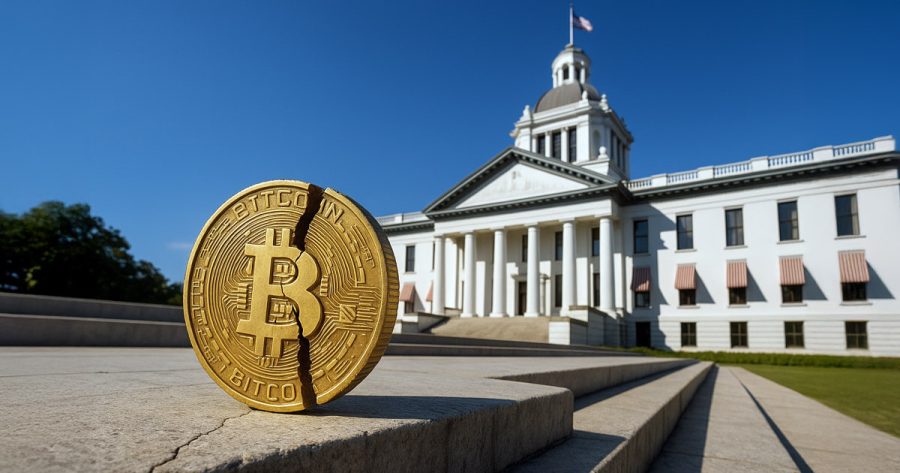Webster Barnabasa Republican in the Florida House, just filed HB183essentially a rework of its previous crypto reserves bill that was killed in June. This time, he learned from his failure and provided it with better guarantees.
The new bill would allow Florida and some public agencies to dump up to 10% of their money into Bitcoin, crypto ETFs and other digital assets. What’s different from his first attempt is that Barnaby added real custody standards, documentation requirements, and fiduciary protections to keep things legitimate.
It has also expanded what counts as investable assets beyond just Bitcoin. Now the state could invest money in various crypto products, giving them more flexibility if this thing was actually adopted. The bill is expected to come into force on July 1, 2026.
Here’s what’s strange, though: Of all the state crypto reserve bills filed this year, only three passed: Arizona, New Hampshire, and Texas. Florida’s first attempt failed, so there’s no guarantee the second round will work either. New Hampshire agreed to let its treasurer invest 5% in high-market-cap crypto, while Texas turned to Bitcoin only.
Barnaby is also proposing another bill called HB175 this would make it easier for stablecoin issuers to operate in Florida without jumping through regulatory hurdles. He also wants it to come into force on July 1, 2026.
California just adopted something different; they protect unclaimed cryptocurrencies from automatic sale.
Conclusion
Florida’s renewed crypto reserve proposal highlights the state’s growing interest in digital assets. With stronger safeguards and broader investment options, Barnaby’s updated bill could finally be approved and position Florida as a leader in crypto innovation.
Read also: FED uncovers massive Bitcoin scam operation
![]()
Post Views: 512




